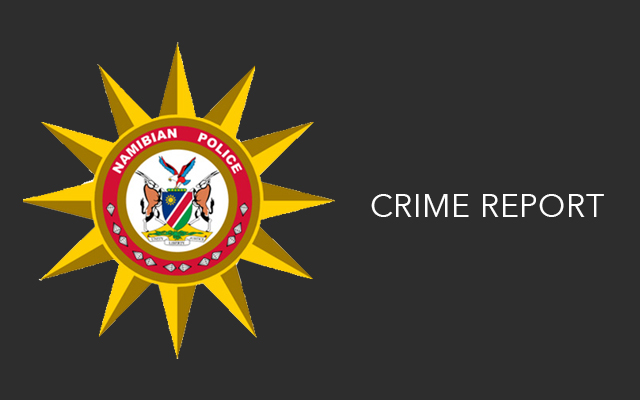The World Bank says Namibia’s education and health systems are poor and need redress.
In its country partnership framework for Namibia, the international lender says there is a need to address the relatively poor performance of public services in education and health despite significant investment.
The budget for the Ministry of Health and Social Services for the current financial year is N$11.3 billion, while the Ministry of Education, Arts and Culture received N$18.5 billion.
“Basic education access and quality remain inequitable with low progression through basic education, a lack of regular learning assessment, the low use of technology, insufficient infrastructure, inadequate teacher preparation and support and low access to early childhood development and education,” the report states.
On the health side, the report says despite improvements, universal health coverage remains unequal, short of personnel and insufficiently planned and coordinated.
“The health workforce is inadequate to address the growing concern of non-communicable diseases,” the report says.
To address these needs, the World Bank says efforts should focus on improving early childhood development education and basic education, particularly for disadvantaged groups, through curriculum reforms, better teacher training and improved resources,” the bank stated.
The education ministry did not respond to a request for comment by the time of going to print.
Last year, Sanet Steenkamp said the ministry’s biggest needs involve infrastructure like more schools, not just classrooms.
Primary and high schools need to be constructed in a much shorter time frame than the current medium-term expenditure framework cycle.
In the health sector, the World Bank recommends that Namibia enhances public and private sector performance monitoring, increases funding and improves regulatory frameworks and workforce organisation.

CHALLENGES
Landless People’s Movement lawmaker Utaara Mootu yesterday said the health and education sectors face significant inequalities and challenges, such as low progression rates, inadequate infrastructure, insufficient teacher support and a lack of technology integration.
“In addition, these factors hinder the development of a competitive and skilled workforce.
Thus, curriculum reforms are essential to standardise curricula to ensure we are equipped with modern skills, digital literacy and science, technology, engineering and mathematics subjects,” she suggested.
Mootu criticised education minister Anna Nghipondoka for telling the parliament during her budget motivation two years ago that stakeholders have reviewed the teacher training programme for the new curriculum.
“However, after two academic years, you still find a significant percentage of teachers underskilled, particularly in underserved areas,” she said.
The lawmaker agreed with the World Bank that access to early childhood development should expand through partnerships and increased funding.
POOR LEADERSHIP
Teachers Union of Namibia secretary general Mahongora Kavihuha yesterday said: “We have been appointing the wrong people in the right positions and the right people in the wrong positions. We have been failing to hold the people accountable.”
He said the current leadership is unable to address existing issues.
“Why do we have infrastructure problems? It’s not because we don’t have money . . . Why do we not recruit teachers on time? Not because we don’t have money,” he said.
Kavihuha hopes the new administration will appoint the right people.
“The moment we get the right leaders in the right positions, both educational and health problems will be addressed.”
Health minister Kalumbi Shangula did not respond to questions sent to him yesterday.
He said last year that Namibia faced challenges regarding the supply of medicine and clinical supplies at public healthcare facilities.
He said the ministry was addressing these issues through direct procurement.
Stay informed with The Namibian – your source for credible journalism. Get in-depth reporting and opinions for
only N$85 a month. Invest in journalism, invest in democracy –
Subscribe Now!









